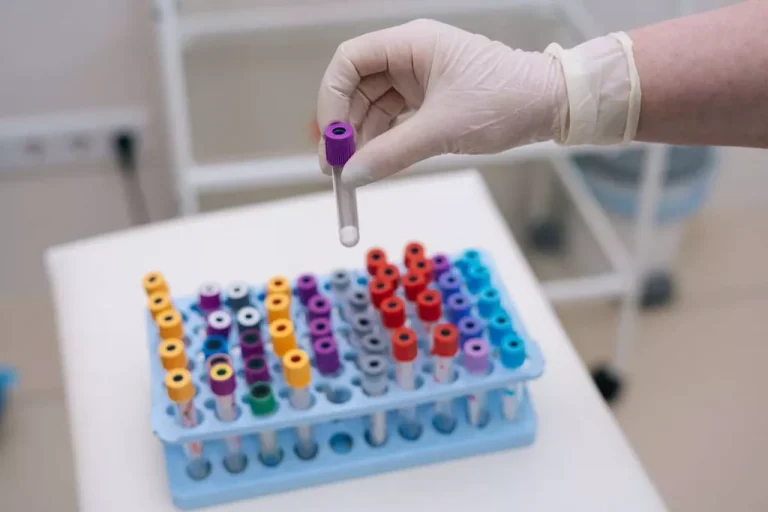
As we continue a pattern of habitual drinking, the brain gets used to the new normal of getting its dopamine externally — and having too much of it. Eventually, as the brain tries to balance itself, the same amount of alcohol no longer results in the same level of dopamine release in the brain. Drugs, on the other hand, can cause long-term damage, with dopamine levels and brain cells taking a year or longer to heal. Into Action Recovery Centers provides an abstinence-based program and all of our staff members have a strong understanding of https://ecosoberhouse.com/ the recovery process through personal experience. We are passionate about sharing the process involved in living a drug and alcohol-free life.
Alcohol and Dopamine
In addition, dopamine can affect the neurotransmitter release by the target neurons. Dopamine-containing neurons in the NAc are activated by motivational stimuli, which encourage a person to perform or repeat a behavior. Even low alcohol doses can increase dopamine release in part of the NAc.
Alcohol’s Interaction with Dopamine
Genetic factors, previous alcohol exposure, and other individual characteristics can influence how an individual’s brain responds to alcohol. Some individuals may be more prone to experiencing a significant release of dopamine and reinforcing effects from alcohol, which may increase the risk of developing problematic drinking patterns. The role of dopamine in alcohol addiction and recovery is complex and multifaceted. From the initial artificial boost provided by alcohol to the challenges of withdrawal and long-term recovery, dopamine plays a central role in the entire process.
How Does Alcohol Impact Dopamine Levels?
Over time, as tolerance develops and more alcohol is needed to achieve the same effects, the cycle of addiction can take hold. The decreased baseline dopamine function can lead to anhedonia (the inability to feel pleasure from normally pleasurable activities) when not drinking, further driving the compulsion to consume alcohol. To recap, alcohol initially increases dopamine levels, contributing to its pleasurable effects. However, chronic alcohol use can lead to dopamine depletion and receptor desensitization, potentially contributing to addiction and various health issues. Individual variations, including genetic factors and drinking patterns, can significantly influence how alcohol affects dopamine function in different people. Dopamine, often referred to as the “feel-good” neurotransmitter, plays a vital role in our brain’s functioning.
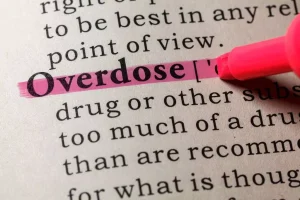
A second feeding session that took place within 1 day of the first feeding session, however, induced no or only weak dopaminergic signal transmission. Only about 5 days after the first feeding session did the animals recover the full dopaminergic response to this stimulus. As discussed later in this article, however, alcohol does not induce a comparable habituation. This rather specific distribution pattern of dopaminergic neurons contrasts with other related neurotransmitter systems (e.g., serotonin or noradrenaline), which affect most regions of the forebrain. Many medical practitioners recommend a ninety-day time frame for dopamine recovery. “Will a person’s dopamine levels stay messed up forever if he or she becomes hooked to alcohol?
Individual Variations in Alcohol’s Effects on Dopamine
Maintaining a balance of dopamine in the brain is crucial for optimal functioning. The dopamine system is tightly regulated through homeostatic mechanisms. After dopamine is released into the synapse, it can be quickly cleared to prevent excessive activation of receptors. Enzymes like monoamine oxidase (MAO) and catechol-O-methyltransferase (COMT) break down dopamine, while transporters like the dopamine transporter (DAT) reuptake dopamine back into the presynaptic neuron. It’s crucial to remember that dopamine receptor recovery is a gradual process that requires patience and persistence. The brain has an remarkable ability to heal and adapt, but this healing takes time.
- This rather specific distribution pattern of dopaminergic neurons contrasts with other related neurotransmitter systems (e.g., serotonin or noradrenaline), which affect most regions of the forebrain.
- Stress management techniques such as meditation, deep breathing exercises, or yoga can help reduce cortisol levels, which can interfere with dopamine function.
- Dopamine also influences our mood and emotions, contributing to feelings of happiness and well-being.
This can be frustrating, but it’s a normal part of the healing process. The timeline of dopamine recovery in the first weeks of sobriety can be challenging. While some improvement may be noticeable within days, significant changes in dopamine function often take weeks or Sober living house even months.
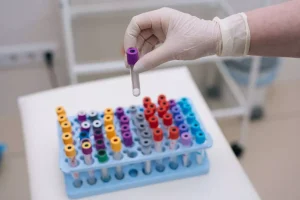
Short-Term Effects of Alcohol on Dopamine
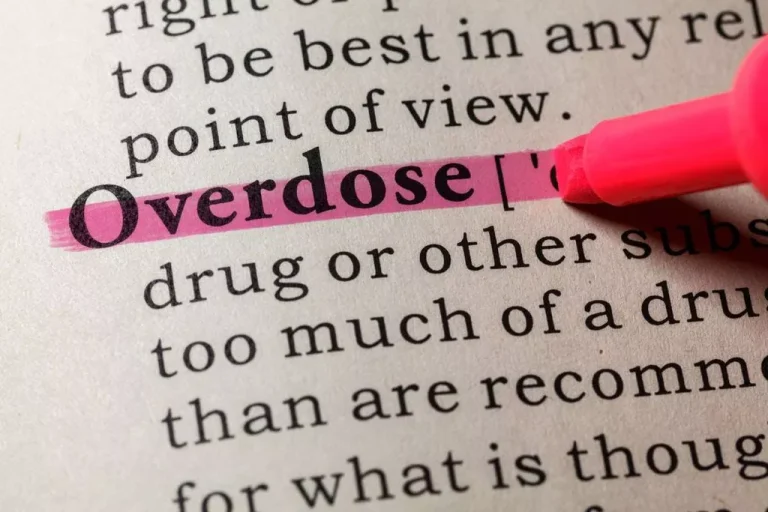
In fact, it’s there after you do anything that makes you feel rewarded, like earning money, eating good food, or having sex. The consumption of alcohol directly influences specific processes of the brain, the command center of the body, which results in feeling inebriated. Dopamine is a neurotransmitter responsible for sensations of joy and pleasure. It’s a crucial part of our brain’s reward system, the fascinating neurological network that drives us to pursue experiences and activities that make us feel good. Some addictive substances affect dopamine directly, whereas alcohol and other drugs have an indirect effect.
The Impact of Alcohol on The Brain – Neurobiology of Dependence and Alcohol Related Brain Damage
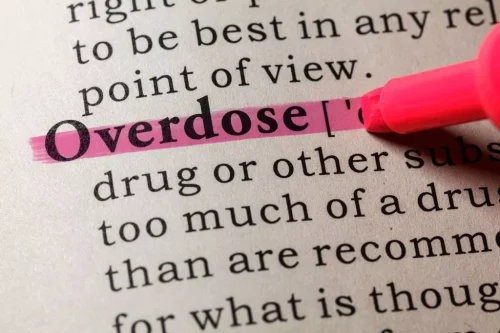
Dopamine helps cognition by motivating you and making your ability to process thoughts and store or access memories work more efficiently. The material provided through Health Hub is intended to be used as general information only and should not replace the advice of your physician. Outside of the nervous system, alcohol can permanently damage the liver and result in liver cirrhosis. Plus, we’re always introducing new features to optimize your experience. We recently launched our in-app chatbot, Melody, who is powered by the world’s most powerful AI technology.
The Truth About Dopamine After Alcohol Addiction Recovery
- Dopamine exerts its effects through two distinct mechanisms (Di Chiara 1995).
- Ingesting amino acids influences brain function, and increasing your intake of these, and other amino acids can help boost dopamine levels.
- In the next section, we will delve into the specific effects of alcohol on dopamine release and receptors.
- As the brain adapts to frequent alcohol use, it may struggle to produce sufficient dopamine without alcohol, leading to intense cravings.
- Over time, the brain may become less sensitive to dopamine, requiring more alcohol to achieve the same pleasurable effects.
The “brake” system in the brain is does alcohol deplete dopamine responsible for ensuring that every day, normally pleasurable experiences do not turn into addictive behaviors. Without this specific neurotransmitter, dopamine levels remain elevated as long as alcohol continues to enter the person’s body. The pleasure that the brain receives from drinking can simply be too euphoric for the person to withhold alcohol from his or her body. In a healthy functioning brain, only a certain amount of dopamine is released, and they rarely fill all of the dopamine receptors that are available.